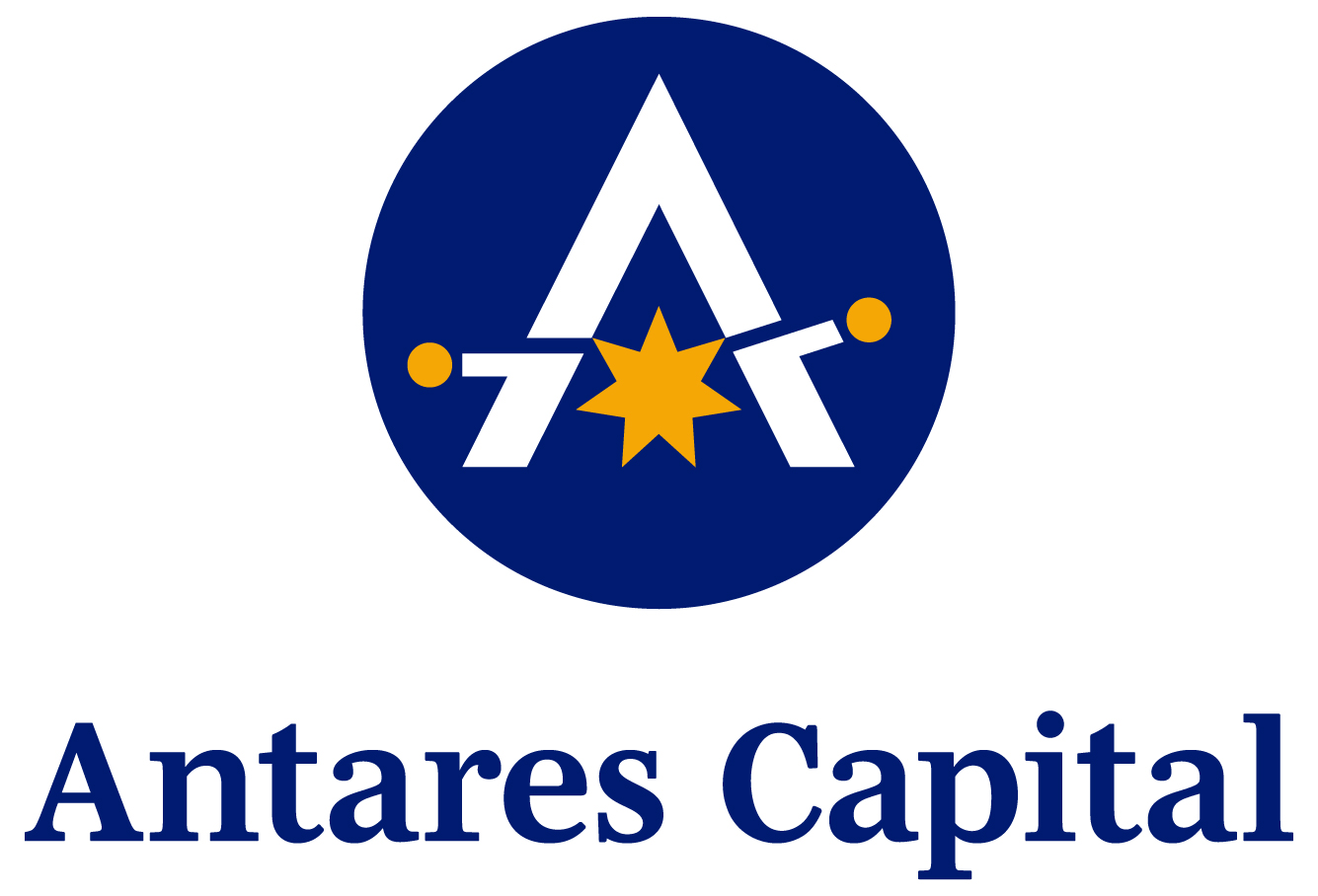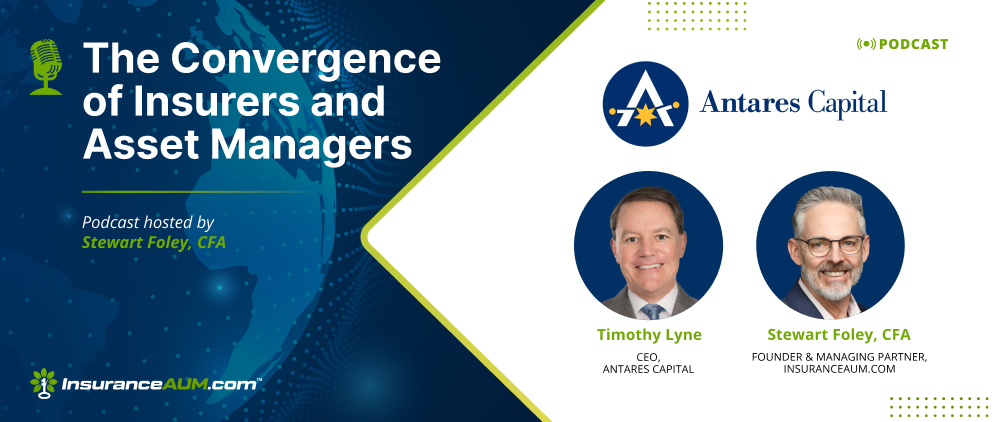Antares Capital
Founded in 1996, Antares has been a leader in private credit for nearly three decades. Today with approximately ~$86B of capital under management and administration as of June 30, 2025, Antares is an experienced and cycle-tested alternative credit manager. With one of the most seasoned teams in the industry, Antares is focused on delivering attractive risk-adjusted returns for investors and creating long term value for all of its partners. The firm maintains offices in Atlanta, Chicago, Los Angeles, New York, Toronto and London.
Visit Antares at www.antares.com or follow the company on LinkedIn at www.linkedin.com/company/antares-capital-lp. Antares Capital is a subsidiary of Antares Holdings LP, (collectively, “Antares”). Antares Capital London Limited is an appointed representative of Langham Hall Fund Management LLP, an entity which is authorized and regulated by the Financial Conduct Authority of the UK.
Rui Yang, CFA
Insurance Solutions
John Zilko, CFA
Head of Americas Investor Coverage
280 Park Ave FL 22
New York, NY 10017
insurancesolutions@antares.com






